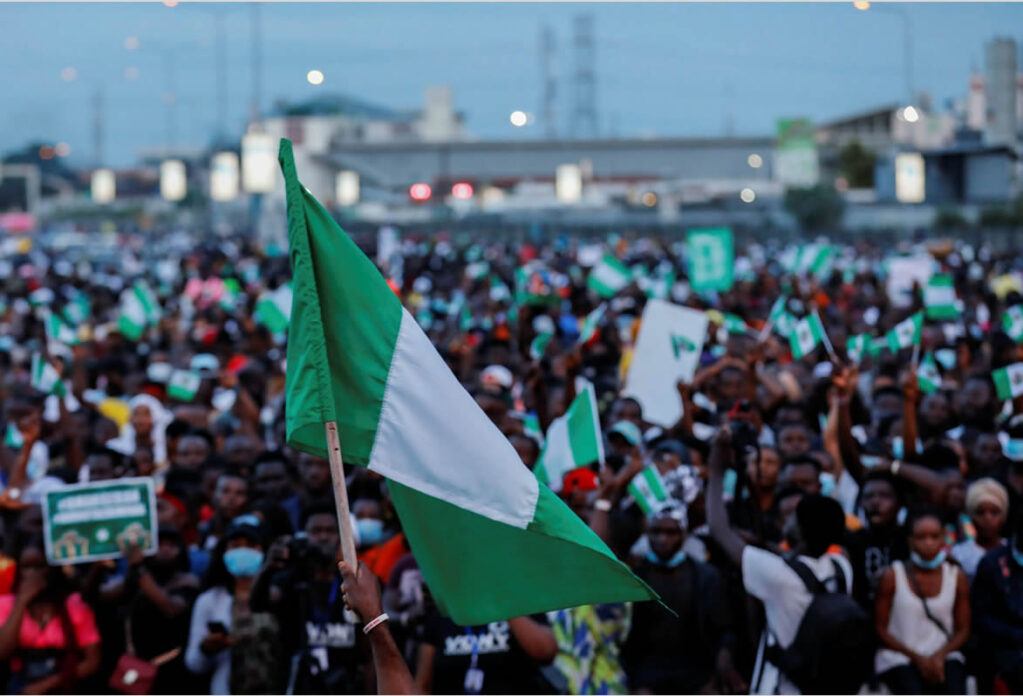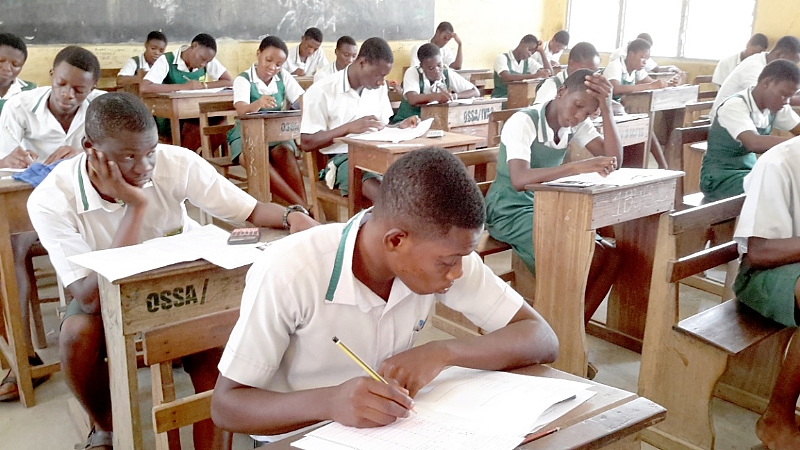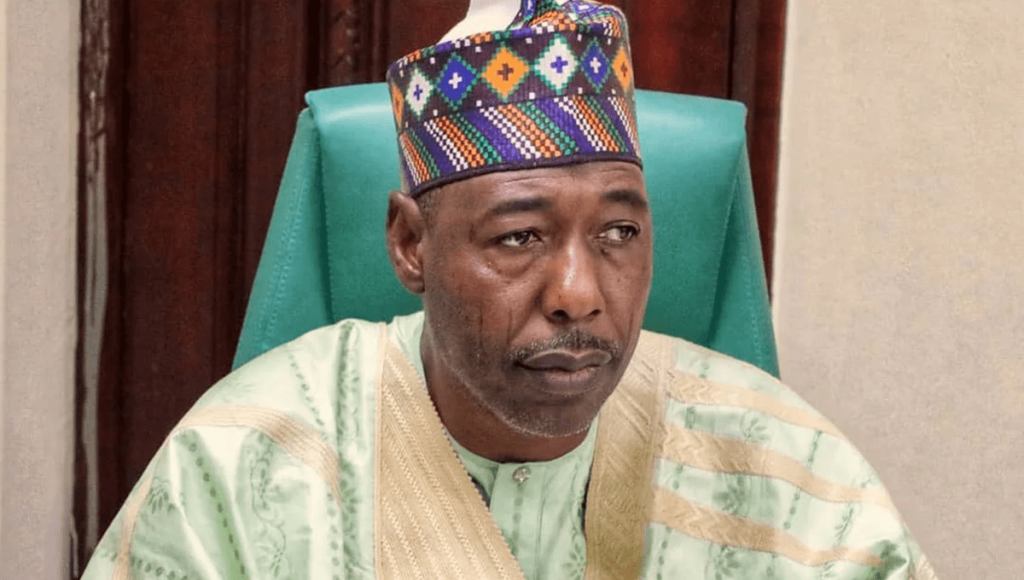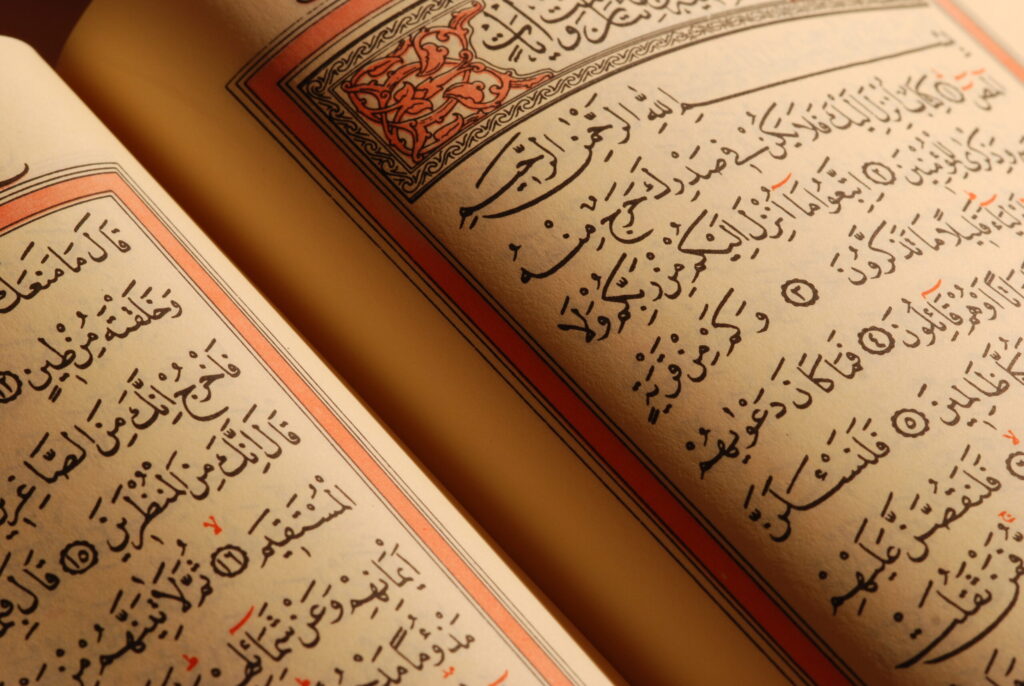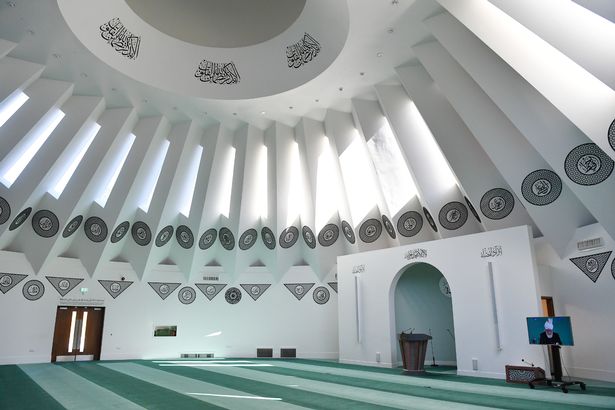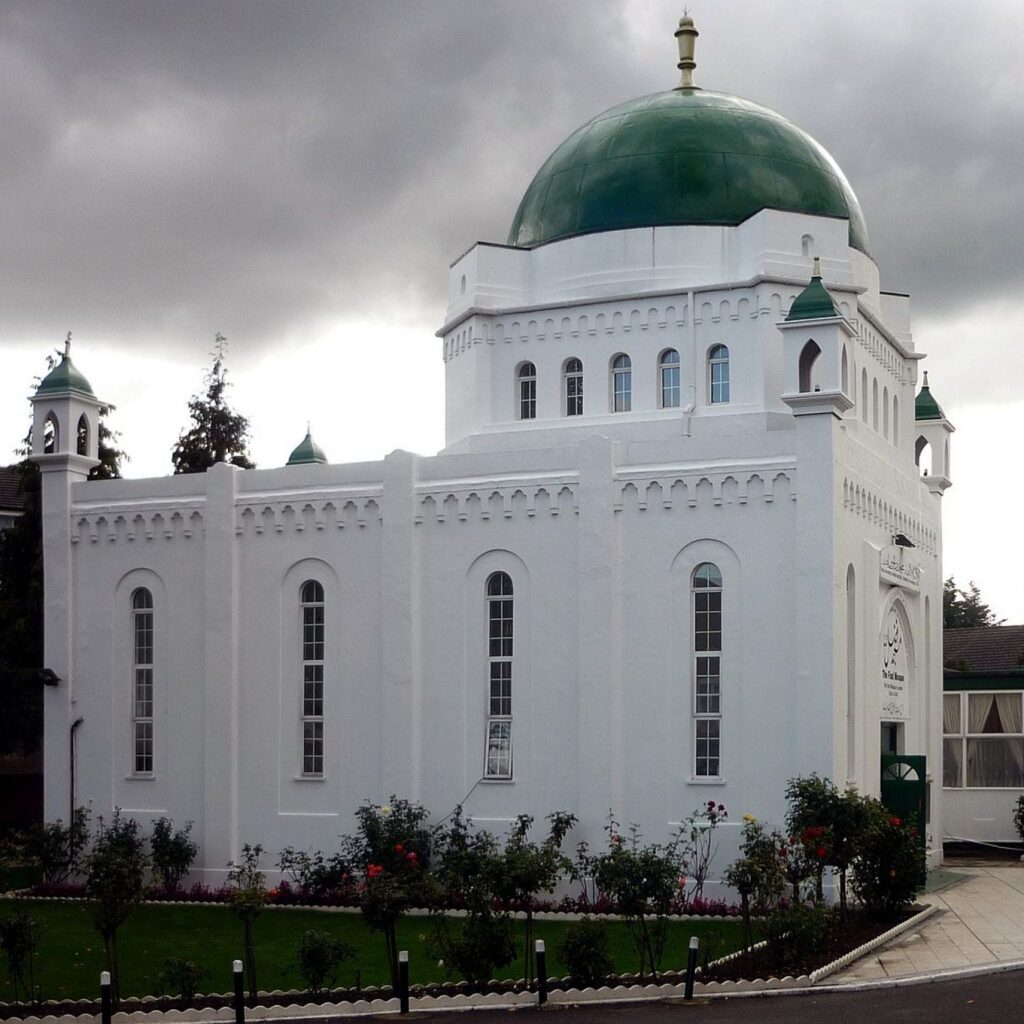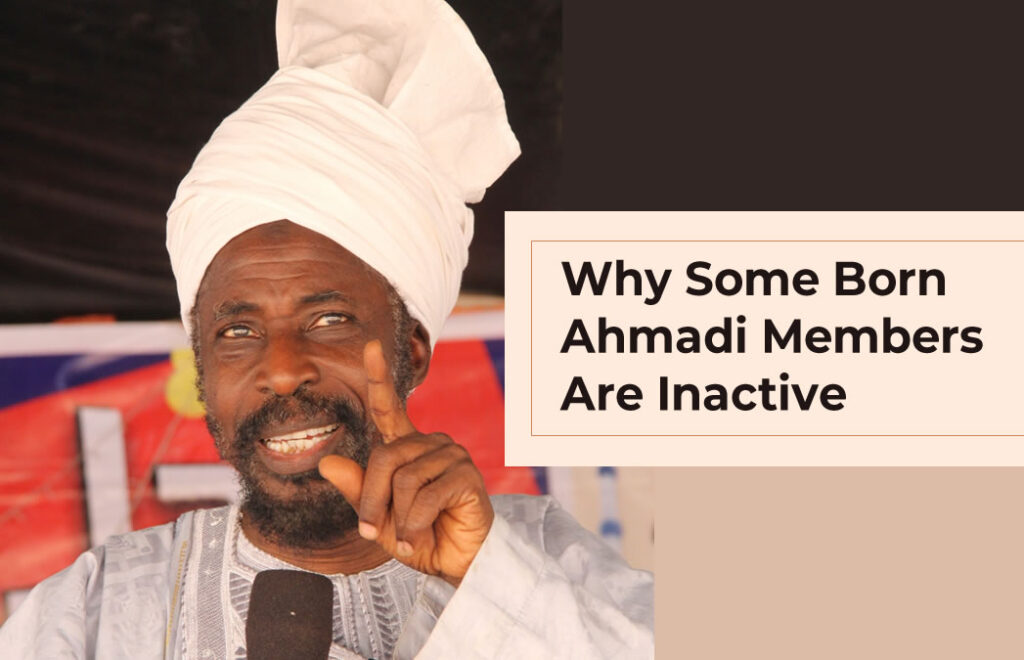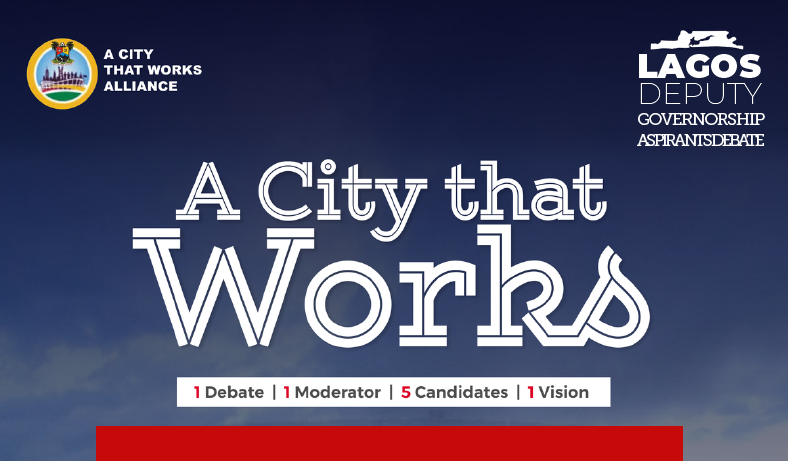OpEd: 2020 – A COMPLICATED, TURBULENT AND DIFFICULT YEAR FOR NIGERIA
Musa Abubakar, Abuja The year 2020 has been a hellish, thorny, and awful year for our country. The novel health crisis – COVID-19 pandemic – has taken over 1,221 lives and still counting. Followed by a disastrous and burdensome economy that has wrecked millions of small businesses and jobs in the country. The year has also witnessed politicization, corruption, and deceptions surrounding the handling of the COVID-19 pandemic. The mysterious revelations about how COVID-19 funds were diverted for other purposes were abstruse. The aftermath of the famous #endsarprotest exposed how palliatives and survival funds were hoarded and embezzled by government officials in charge of the palliative across the country. The manner in which people began to burgled shops and business enterprises in search of palliatives (like goldfields) revealed the stealing and criminal tendencies in some people. But companies, businesses, and private individuals weren’t left out. They all take advantage of the pandemic by devilishly and unnecessarily increasing the prices of goods and services during and after the lockdown; which made life difficult for fellow Nigerians. The education sector is dreadfully affected by the pandemic when schools were closed nationwide to curtails the spread of the monster virus. There come the punishing and painful ASUU strike that has been ongoing even before the outbreak of the virus. The Nigerian students were at the mercy of inaction and dawdle government response to ASUU demand. The faith of Nigerian students is still hanging on thread till now 8 months after the strike. However, religious organizations- people of faith, different faith, and no faith weren’t left out of the painful impact of the COVID-19 pandemic. All religious places of worship were closed down which, at least, this generation and for centuries have never witnessed nor imagined. The effect was a bit hard to comprehend for the Muslims around the world when it came to the holy month of Ramadan. The religious practices associated primarily with Ramadan were constrained. Muslims couldn’t visit the mosques as usual during the holy month, Jumu’ah prayer, Taraweeh, Eid, Tahajud, Itikaf, Tafsir ul Qur’an, kulu Jami’an or get-togethers were all constrained to be said, albeit, at home as a result of the notorious virus. Ditto for Christians’ Mass and Easter festival. Here comes the famous but controversial #endsarsprotest that demanded an end to police brutality, but the scope of which was later widened too much more demands, such as #endbadgovernance that degenerated to fiddly and debatable Lekki ‘massacre’; when many lives of protesters were reportedly lost in shooting by the Nigeria army. Sadly, criminals, bandits, kidnappers, and terrorists may be said to have taken over the affairs of our nation technically, on a serious note, with the rate they are killing people at will. The recent killing of rice farmers in the northeast and a monarch -Oba of Ifon, a town in southwestern Nigeria – who was shot to death while traveling from Owo to Ifon by unknown gunmen, are all still fresh in our memory. The turbulent year has equally witnessed numerous insecurities, ranging from life to property and food, etc. Food insecurity was caused by majorly due to the activities of the bandits, Fulani herdsmen, and Boko Haram. Nigeria is now one of, if not, the most terrorized nation on earth. The strenuous but not surprising recession news in early November has been grinding and hitting hard on people in the country. Yet we still have a few weeks to go before the year ends. Let’s work harder, hope, and pray for a positive and better year come 2021 for our beloved country. These challenges, hustling, struggles, and hardship make it hard to remain united as a nation. But at this critical time, we need to remember the blessings of God in our lives and our country, hence be grateful to Him. In this demanding time of the year, I urge Nigerians to reflect that, whereas we can’t change what has happened, we can work together with love and compassion to push for a more just and fair future for our country. As verses 5 and 6 of Chapter 94 of the Holy Qur’an assure, “There is ease after hardship; surely, there is ease after hardship.”

